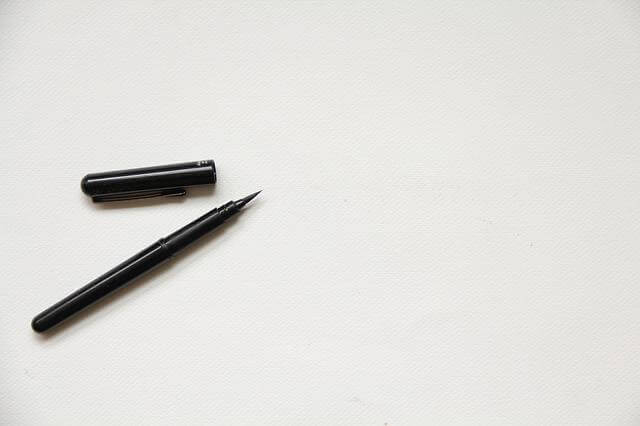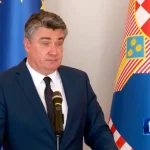Perković and Mustač were sentenced by a German court in August 2016 to life for assisting in the murder of Croatian dissident Stjepan Đureković in Wolfratshausen in July 1983. Last Tuesday, attorney Anto Nobilo announced pardon motions for his two clients who are serving their sentences in Croatia.
In the meantime, media have reported that the letter with the request for their pardoning by President Milanović has been supported by retired generals Ante Gotovina, Ivan Čermak, Ljubo Ćesić Rojs, Pavao Miljavac, Davor Domazet Lošo and Marinko Krešić. General Krešimir Ćosić was originally mentioned as one of the supporters, however, he has withdrawn his signature.
Krešić followed Ćosić’s suit, explaining that the divisions which the letter has caused among Homeland War veterans, prompted him to withhold his support.
Krešić, the president of the Croatian Generals Corps (HGZ), an association of retired Croatian Army generals and brigadiers from the Homeland War, said, among other things, that he he had never wanted to be a cause of any divisions or political confrontations.
I have always advocated the reconciliation and unity between Croatia and the Croatian expat communities, Krešić said, adding that he always followed the guiding principle of the first Croatian President, Franjo Tuđman: “Always and everything for Croatia, and our only and eternal Croatia – not for anything.”
Explaining why he had initially accepted to participate in this campaign to support the request, Krešić said that he had been inspired by the idea of the all-Croatian reconciliation, the atmosphere of the Holy Week and that he had accepted the fact that brigadiers Perković and Mustač had given a certain contribution in the Homeland War and that he had also taken into consideration their old age and health condition.
The media have reported that the generals feel that Perković and Mustač deserve to be pardoned because of their contribution to the creation of the Croatian state and its defence.
On Monday, General Luka Džanko, a leader of the Association of Homeland War Veterans and Anti-Fascists (VeDRA), joined the initiative to ask President Milanović to pardon the two, due to their contribution in Croatia’s war of independence, the association reported on its Facebook account.
Germany requested their extradition from Croatia as Zagreb was entering the EU, which took place in July 2013, whereby Croatia assumed the obligation to execute the European Arrest Warrant.
After the warrant for them was issued, the Croatian parliament passed a law on judicial cooperation in criminal matters with EU member states, under which the EAW would not apply to crimes committed prior to 7 August 2002. This prevented the extradition of Perković, so the law was dubbed Lex Perković. The legislation was passed during the premiership of then SDP leader Zoran Milanović. Due to Lex Perković, as the then prime minister, Milanović suffered major political damage.
Despite that, Croatian courts extradited Perković and Mustač to Germany.
Under the Pardons Act, the president pardons persons convicted by Croatian courts or serving sentences in Croatia. The presidential pardon is not conditioned by the length of the sentence served.
Minister says president would set precedent by pardoning Mustač, Perković
Justice Minister Ivan Malenica said on Saturday that President Milanović would set a precedent if he pardoned Perković and Mustač because, since taking office, he had not responded to the 274 pardon applications sent him by the ministry.
Speaking to Hina, Malenica said that in a little over two years the ministry had sent 274 pardon applications to the President’s Office, enclosing reports prepared by the ministry based on the Pardons Act.
Until now, the president has not exercised his constitutional power to pardon someone and if this happens now, it would be a precedent in Milanović’s term, he added.
Malenica said that during his presidential campaign, Milanović said the pardon institute was a relict of the past which he would not use. “If this has happened now, it’s up to President Milanović to explain his political decision to pardon someone.”











